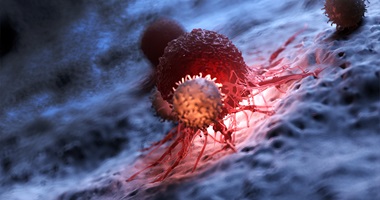Han Fang, Rodrigo Rodrigues e-Lacerda, Nicole G Barra, Dana Kukje Zada, Nazli Robin, Alina Mehra, Jonathan D Schertzer
Endocrine Reviews, First published online September 5, 2024, bnae025
https://doi.org/10.1210/endrev/bnae025
The gut microbiota influences aspects of metabolic disease, including tissue inflammation, adiposity, blood glucose, insulin, and endocrine control of metabolism. Prebiotics or probiotics are often sought to combat metabolic disease. However, prebiotics lack specificity and can have deleterious bacterial community effects. Probiotics require live bacteria to find a colonization niche sufficient to influence host immunity or metabolism. Postbiotics encompass bacterial-derived components and molecules, which are well-positioned to alter host immunometabolism without relying on colonization efficiency or causing widespread effects on the existing microbiota. Here, we summarize the potential for beneficial and detrimental effects of specific postbiotics related to metabolic disease and the underlying mechanisms of action. Bacterial cell wall components, such as lipopolysaccharides, muropeptides, lipoteichoic acids and flagellin, have context-dependent effects on host metabolism by engaging specific immune responses. Specific types of postbiotics within broad classes of compounds, such as lipopolysaccharides and muropeptides, can have opposing effects on endocrine control of host metabolism, where certain postbiotics are insulin sensitizers and others promote insulin resistance. Bacterial metabolites, such as short-chain fatty acids, bile acids, lactate, glycerol, succinate, ethanolamine, and ethanol, can be substrates for host metabolism. Postbiotics can fuel host metabolic pathways directly or influence endocrine control of metabolism through immunomodulation or mimicking host-derived hormones. The interaction of postbiotics in the host-microbe relationship should be considered during metabolic inflammation and metabolic disease.

We provide our journal authors with a variety of resources for increasing the discoverability and citation of their published work. Use these tools and tips to broaden the impact of your article.

Read our special collections of Endocrine Society journal articles, curated by topic, Altmetric Attention Scores, and Featured Article designations.